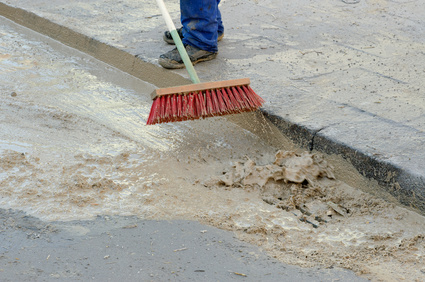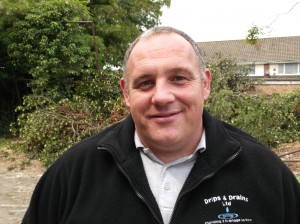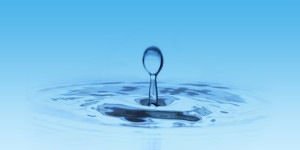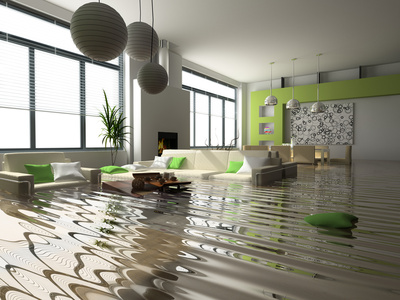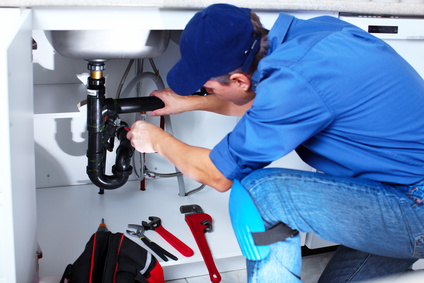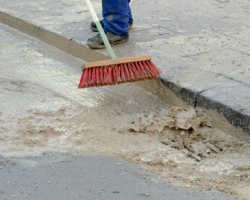Whilst most homeowners never expect it, a blockage to your drain, toilet or blocked sink can happen at any time and is often a major headache, an inconvenience and a costly hassle you just didn’t need a blocked sink In Crawley.
At its worst a domestic blocked drain can overflow, spilling dirt and waste into your garden, your neighbour’s gardens or even into the street, causing not only an embarrassing smell but a major health and safety risk, particularly to children who might be playing nearby. Equally, within your house a blocked sink and or toilet that overflows when flushed, can spew waste all over the bathroom, causing both a hazard and major damage to the floor.
For a fast reliable service view here
https://www.checkatrade.com/ChrisPetersPlumbing/Reviews.aspx
But help is at hand, because there are some simple rules you can follow which can significantly reduce the risk of a blockage occurring. Follow these simple guides:
1) Don’t put fat, oil or food down your sink or it will block the sink. Use kitchen paper towels to mop-up fats and oils from your cooking utensils and dispose in the bin. Then use plenty of detergent and hot water on your kitchen utensils. Emptying fat and food down the sink causes a build up over time, coating the pipes making the diameter of the pipes much smaller, therefore causing a blockage.
2) Do not dispose of fat or grease, waste oil, paint, and cement washings etc into your sink or drain. These and similar materials should be disposed of at your local waste disposal site.
Never put the following down the toilet:
- Nappies
- Incontinence pads
- Face wipes
- Kitchen Roll
- Sanitary Items
- Bubble Gum
- Sweet Wrappers
- DIY Rubble
3) Keep small items such as air fresheners, jewelry, combs, children’s toys and make up away from the toilet to avoid the items falling into it.
4) Do not plant trees or shrubs close to your drains as roots will enter the drains at pipe joints and will eventually cause major damage.
5) Use strainers in plugholes to avoid blockages from hair and broken soap, empty when full.
If you do need contact a local drainage company, look in the Yellow Pages or online for a list of reputable drainage companies. Choose a supplier that has the CHAS, Construction Line and Safe Contractor accreditation’s, whose quality standards have been checked and approved. Ask your supplier for details of work they have done in your area and ideally the details of a previous customer who you can speak to verify the quality of their workmanship.




